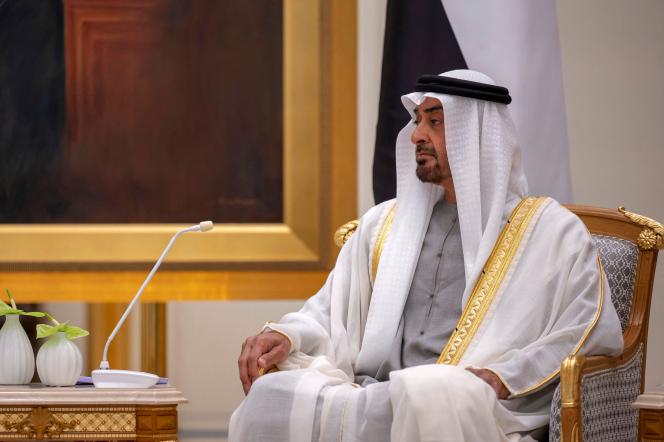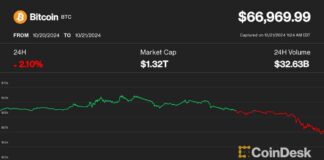Abu Dhabi Crown Prince Mohammed bin Zayed, already considered the de facto ruler of the United Arab Emirates, was elected president of the wealthy Gulf monarchy on Saturday (May 14), succeeding his half-brother, Khalifa Bin Zayed Al Nahyan. died Friday at the age of 73. Mohammed bin Zayed, known as “MBZ”, was elected by the Supreme Council of the Emirates Federation, the official WAM news agency reported.
French President Emmanuel Macron will travel to Abu Dhabi on Sunday to pay tribute to the President of the United Arab Emirates, Sheikh Khalifa bin Zayed Al-Nahyan, the Elysee Palace announced on Saturday. Consequence: Prime Minister Jean Castex will not go to the Vatican as planned, the two chief executives cannot be outside the territory at the same time, said Matignon.
The French head of state intends to “express his support for his brother the Crown Prince of Abu Dhabi, Sheikh Mohammed Bin Zayed Al-Nayane, as well as the rest of the family and all the Emirati people”, said the Presidency. Emmanuel Macron spoke Friday with Sheikh Mohammed, known as MBZ, half-brother of the deceased.
The government of this Gulf country decreed on Friday “an official mourning and the flags at half mast” for a period of forty days. The portrait of the late president, rarely seen in public since the stroke he suffered in January 2014, was immediately displayed everywhere in the streets, institutions and even hotels of the emirate. Local media have also interrupted their programs to broadcast images and articles paying tribute to him.
Economic boom
Born in September 1948, Khalifa Bin Zayed Al Nahyan succeeded his father, Zayed Bin Sultan Al Nahyan, in 2004, president and founding father of the United Arab Emirates, a rich Gulf state comprising seven emirates, including Dubai and the capital, Abu Dhabi.
After the establishment of the federation in 1971, Khalifa Ben Zayed was appointed deputy prime minister, and then chaired the Superior Petroleum Council, a body endowed with broad powers in the energy field.
Under the mandate of Khalifa Ben Zayed, the Emirates have experienced rapid economic growth, driven by the oil wealth of Abu Dhabi, which concentrates 90% of the reserves of the federation, and the affirmation of Dubai as a center of finance, a luxury destination tourism or air transport crossroads. But, like its president, the Emirates have remained relatively discreet on the international scene, generally standing behind its great ally, Saudi Arabia, juggernaut of the Gulf and the Arab world, of which it remains the first economy.
According to observers, it was under the impetus of Prince Mohammed Ben Zayed that the country gradually emerged from its usual discretion, particularly since the 2010s, and gained growing influence in the Middle East and Africa. Abu Dhabi even participates in military interventions against the Islamic State group in Iraq and Syria, then in Yemen, alongside the Saudis, to fight the Houthi rebels, close to Iran.

















